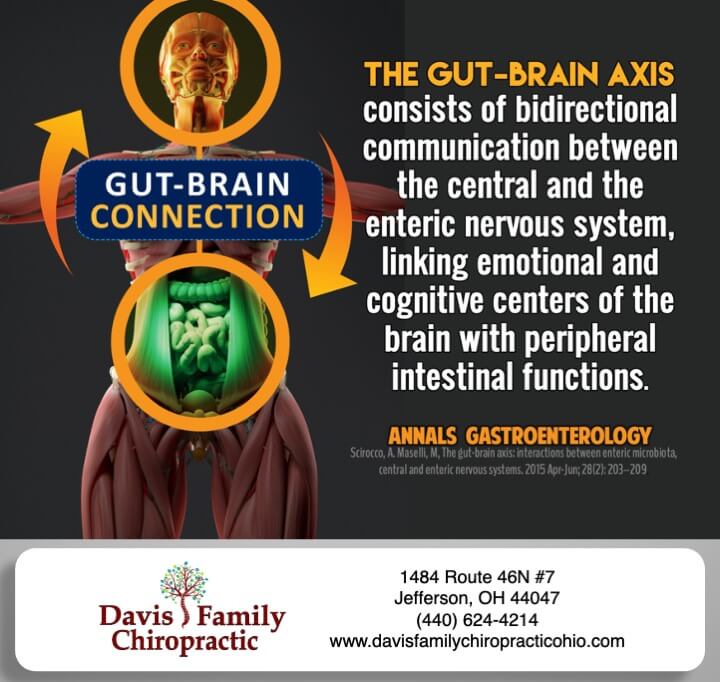The intricate connection between the gut and the brain has long fascinated scientists and health professionals alike. Recent research has shed light on the existence of the gut-brain axis, a bidirectional communication system linking the central and enteric nervous systems. This axis plays a pivotal role in connecting the cognitive and emotional centers of the brain with peripheral intestinal functions. In this article, we will delve into the fascinating world of the gut-brain axis and explore its implications for overall health and well-being.
Understanding the Gut-Brain Axis:
The gut-brain axis refers to the complex communication network between the gut and the brain. It involves a bidirectional flow of signals that enables the brain to influence gut function and vice versa. The primary components of this axis are the central nervous system (CNS), which includes the brain and spinal cord, and the enteric nervous system (ENS), which resides in the gastrointestinal tract.
Emerging scientific evidence suggests that the gut-brain axis plays a critical role in regulating various physiological processes, including digestion, metabolism, immune function, and even mood and behavior. It involves a sophisticated interplay of neural, hormonal, and immune signals that modulate the gut’s microbial composition, intestinal permeability, and immune responses.
Cognitive and Emotional Impact:
The gut-brain axis has significant implications for cognitive and emotional health. Studies have shown that disruptions in gut microbial composition, a condition known as dysbiosis, can contribute to cognitive impairments, such as poor memory, learning difficulties, and even neurodegenerative disorders.
Furthermore, the gut-brain axis has been linked to emotional well-being and mental health conditions. Research indicates that alterations in gut microbiota can influence the production and regulation of neurotransmitters and neuroactive compounds, which play a vital role in mood regulation. Imbalances in these neurotransmitters have been associated with psychiatric disorders such as anxiety and depression.

Scientific Support:
Numerous scientific studies support the concept of the gut-brain axis. A study published in the journal Nature in 2014 found that alterations in gut microbial composition can influence brain function and behavior in mice[^1]. Another study published in the Journal of Physiology and Pharmacology in 2015 explored the role of the gut-brain axis in stress responses and mental health disorders[^2].
One particularly informative study, published in the journal Cell in 2019, demonstrated the direct impact of gut bacteria on mood and behavior. The researchers conducted experiments in mice, showing that certain bacteria strains can produce metabolites that directly affect the brain and promote anti-anxiety and anti-depressive effects[^3].
Conclusion:
The gut-brain axis represents an intricate and essential communication network between the gut and the brain. Its bidirectional flow of signals influences various physiological processes and has profound implications for cognitive and emotional health. Understanding the intricate mechanisms underlying this axis offers promising avenues for developing novel therapies targeting mental health disorders, as well as promoting overall well-being.
By nurturing a healthy gut through balanced nutrition, regular physical activity, and possibly targeted interventions such as probiotics or prebiotics, individuals may optimize the functioning of the gut-brain axis and promote their cognitive and emotional well-being.
Citations:
- Cryan, J. F., & Dinan, T. G. (2012). Mind-altering microorganisms: the impact of the gut microbiota on brain and behaviour. Nature Reviews Neuroscience, 13(10), 701-712. doi: 10.1038/nrn3346
- Skonieczna-Żydecka, K., Grochans, E., Maciejewska, D., Szkup, M., Schneider-Matyka, D., Jurczak,


